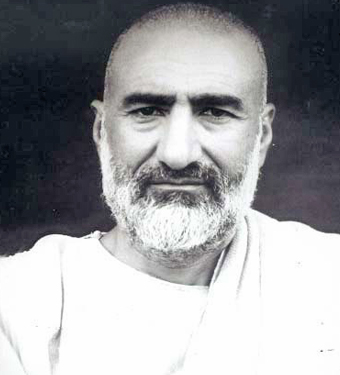Quoted in Eknath Easwaran, A Man to Match his Mountains: Bacha Khan, Nonviolent Soldier of Islam (Nilgiri Press, Petaluma, 1984), p. 25.
Khan Abdul Ghaffar Khan: Cytaty po angielsku
Badshah Khan by Eknath Easwaran (Penguin Books).
Afghan Frontier: Feuding and Fighting in Central Asia
Źródło: p 245 (writing in reference to Dr. Khan Sahibs support for the One Unit.
Quoted from the Progressive February 2002
Badshah Khan by Eknath Easwaran (Penguin Books).
February 1948
Khan Abdul Ghaffar Khan: A True Servant of Humanity by Girdhari Lal Puri pp -188 ? 190
“Better be poisoned in one's own blood then to be poisoned in one's principle.”
As quoted by Governor Barnett's Declaration to the Profile of Mississippi Broadcast via TV and Radio. Sep. 13, 1962 http://microsites.jfklibrary.org/olemiss/controversy/doc2.html without citation and in An unknown legend of India: A bharat ratna By Gaurav Pundeer https://books.google.com/books?isbn=3736889569
Famous speeches
Zareef, Adil Saturday, (January 28, 2006) The Demise of a Dream. The Daily Times https://archive.is/20130416144347/www.dailytimes.com.pk/print.asp?page=2006%5C01%5C28%5Cstory_28-1-2006_pg7_35
